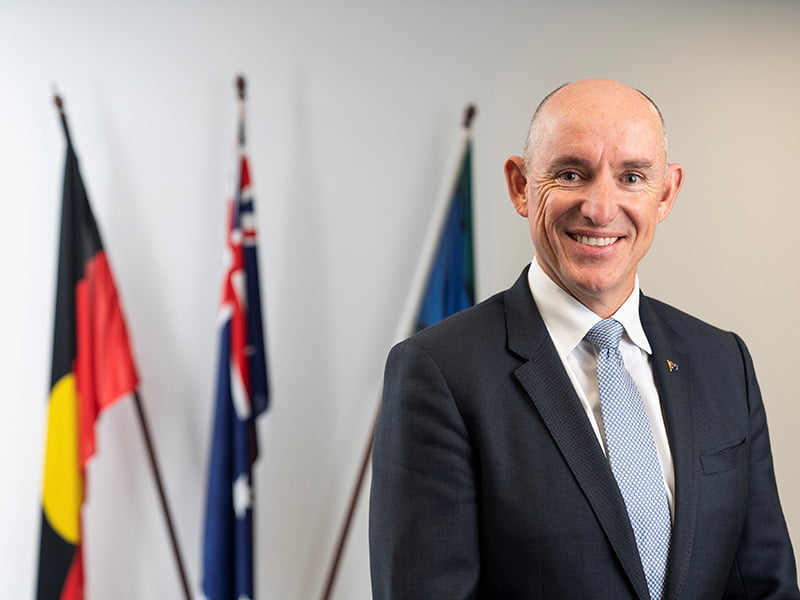Legislation facilitating the significantly expanded sharing of public sector data between agencies and other entities including universities – sometimes without consent – has been introduced to Parliament after more than two and a half years of consultations.
The Data Availability and Transparency Act introduces a new data-sharing scheme for public sector data on individuals, allowing for far more identified data to be shared among government agencies and departments, and for de-identified data to be shared with other institutions including universities and think-tanks.
The reforms provide a “new path” for the sharing of data where it is currently blocked by a range of secrecy provisions or other prohibitions. There will be no opt-out option, and consent will not be required in some cases for the sharing of data.
The legislation was recommended as part of a Productivity Commission report in 2017, and the federal government has been consulting on the reforms since mid-2018.

The draft legislation was unveiled in September for another consultation period over two months, with Government Services Minister Stuart Robert tabling it in the lower house on Wednesday.
“For too long, there has been a lack of consistent and clear framework for making good use of data. We need to make sure the information the government collects and holds can be accessed in a safe and timely way to respond to the needs of Australians,” Mr Robert said in September.
“We need to accelerate this government’s commitment to creating a seamless digital experience for the Australian public, now and into the future.”
The new bill will not mandate the sharing of data, but will strongly encourage it and greatly expand the scope to do this in an effort to “empower government to deliver effective services and better-informed policy, and support research and development”.
The legislation relates to all data collected, created or held by the Commonwealth or on its behalf, which can then be shared with departments and agencies in all levels of government, research organisations and other institutions in the private sector.
Consent will be required for the sharing of this data “unless it is unreasonable or impracticable” to do so, with this depending on the amount, nature and sensitivity of the data and whether the individual already gave informed consent for uses including the proposed sharing at the point the data was first collected.
Mr Robert has previously indicated that he believes consent may already be given for this data-sharing if an individual agrees to use a government service.
“If an Australian wants a service by a government, they obviously have to consent to having that service delivered to them. If they don’t want a service from government, they don’t have to,” Mr Robert said in September.
Consent was a central focus of the consultation around the reforms, with the government previously planning to not require consent at all.
The bill before Parliament also formalises in law the National Data Commissioner, an independent statutory office holder tasked with overseeing the new data-sharing deal. The Commissioner will provide advice, advocacy and guidance on the scheme, and will also handle complaints around it.
But decisions by government departments and agencies to share data will not be able to be reviewed.
“Data sharing decisions by data custodians will not be reviewable on their merits under this scheme. Such decisions are best made by data custodians as they have a full understanding of the risks of and public interest in sharing their data,” the explanatory memorandum said.
The sharing of data will rely on a number of principles including a consideration of the intended use of the data, ensuring the receiver is trusted and has the right skills for the project, that it is shared in a controlled environment, and that the data will be protected.
The legislation bans the sharing of data for the purpose of law enforcement, national security or compliance activities.
The journey to the legislation being introduced to Parliament has already cost the government $20.5 million, with a further $11.1 million set outside over the next four years for the implementation of the new scheme.
Do you know more? Contact James Riley via Email.

